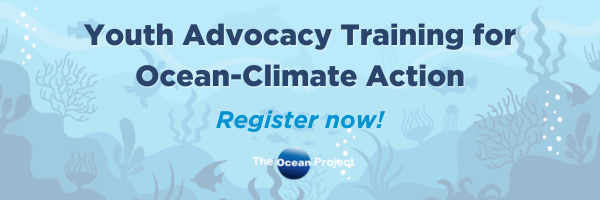
Photo thanks to: Octavio Aburto-Oropeza/Marine Photobank
“To achieve an America whose stewardship ensures that the ocean, our coasts, and the Great Lakes are healthy and resilient, safe and productive, and understood and treasured so as to promote the well‐being, prosperity, and security of present and future generations.”
That grand vision for our National Ocean Policy can become reality with your help! Executive Order 13547 lays out a policy that is based on science and puts ocean conservation first.
As part of that policy for stewardship of the ocean, on January 13, the White House released for public comment the first-ever National Ocean Policy draft implementation plan. This draft Plan identifies key actions that will move us beyond the more than 100 different laws and policies, toward comprehensive ocean planning and fulfilling that audacious, but direly needed, national vision.
We have never had a comprehensive system for managing our ocean and protecting and conserving the huge diversity of animals, plants, and habitats that constitute healthy oceans and which contribute to tens of millions of jobs. Our EEZ (or Exclusive Economic Zone) covers an ocean area nearly one and one-half the size of the landmass of the entire continental US; and we have jurisdiction over more ocean territory than any other country.
Isn’t it about time we protect this resource that contributes more to our nation’s economic output than the entire farm sector? Our children, and seven generations hence, deserve no less. As our ocean faces increasing threats to its health and productivity, from ocean acidification to dangerous water quality to habitat degradation, resultant environmental and social challenges are becoming evident and we need to take action now.
For most people, the ocean is out of sight and out of mind. Public opinion research clearly shows that oceans are not top-of-mind — yet, US citizens are willing and able to take conservation action to protect and conserve the ocean and its diversity of animal life; they just need pointing in the right direction from trusted messengers such as aquariums.
Everyone has the ability to get involved in this discussion about our ocean’s future, no matter what age. The oceans belong to no one person, no corporation; they belong to all of us, and therefore it’s our obligation — and opportunity — to get involved in shaping the future. The White House needs to hear from all stakeholders, including interested citizens from sea to shining sea.
Let’s keep in mind the quote from Jacques Cousteau: “We forget that the water cycle and the life cycle are one.” We are all connected to the ocean; no matter where we live we affect the ocean and the ocean affects us. Let’s strive to make sure that we don’t squander the world’s ocean that our children will inherit.
Click here to learn more and provide comments (due by Feb. 27, 2012).



